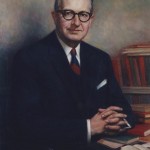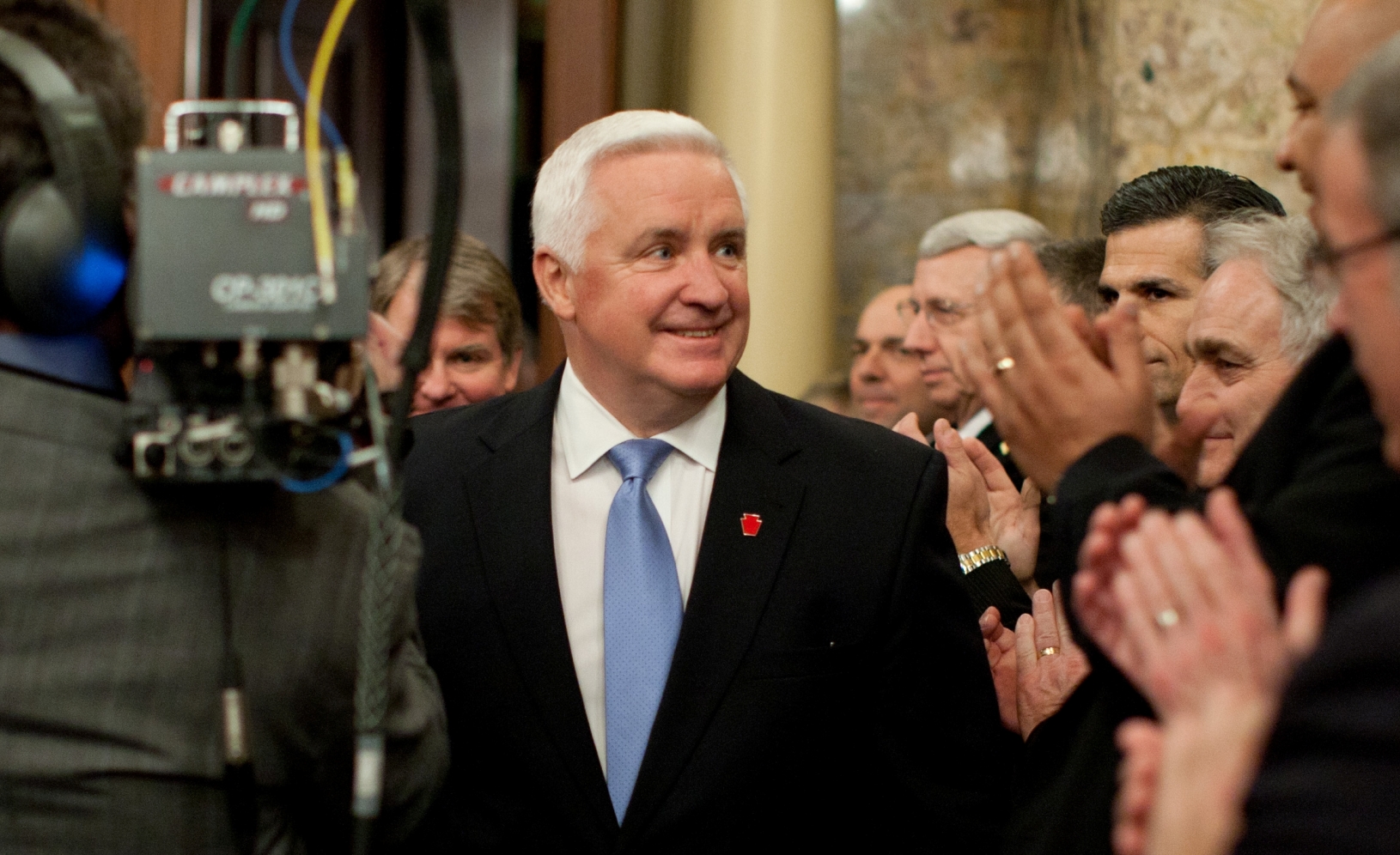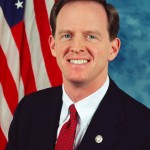Bills that are about to be introduced in the House and Senate will reflect the comprehensive pension reform plan that Governor Tom Corbett outlined back in February. “Should we be successful, this will be the most comprehensive pension reform package in the United States of America,” explains Senator Mike Brubaker (R-Lancaster), who will sponsor the Senate bill. As Chairman of the Senate Finance Committee, Brubaker also vows to schedule a public hearing on the issue.
Without pension reform, supporters say the only other options are deep budget cuts or sharp tax increases. “We have to convince both sides of the aisle in the legislature that this isn’t a partisan issue, this is a future of Pennsylvania issue,” Governor Tom Corbett said while flanked by supporters at a lunchtime news conference in the capitol building.
Pointing to the current $47-billion dollar unfunded liability across the state’s two big public pension plans, Corbett says each Pennsylvania household would have to write a check for $9,500 just to cover that cost. He adds that without reform the state’s pension obligations will consume more than 60-cents of every new revenue dollar in the years ahead. The state’s pension obligation is growing from $1.1-billion dollars last year, to $4.3-billion by 2016.
So what would the Corbett plan do? Starting in 2015, new hires would be enrolled in a 401(k)-style defined contribution retirement plan, instead of the traditional defined benefit pension system that exists today. Current employees would remain in the defined benefit plan, but their future benefits would be reduced to help save the state $12-billion dollars over the next 30-years.
Doing this, the Corbett administration says, will allow the state to save $175-million dollars in the coming fiscal year. PA’s 500-school districts are scheduled to share in nearly $140-million in savings.
But opponents say there are hidden costs that outweigh the potential savings. “You would speed up the process at which all of the dollars that are currently there would be paid out,” state Treasurer Rob McCord says of the move to phase out the existing pension plans, “and the professional investment managers would have to move it all towards fixed income, highly liquid assets that have very low returns.”
The public sector unions continue to lead the opposition, pointing to a 2010 pension reform law they say is just now starting to yield results. “We have more folks going into it, money going into the system for the unfunded liability, and our returns are doing better,” AFSCME Council 13 executive director David Fillman said on an afternoon conference call with reporters. He’s referring to Act 120 of 2010, which reduced new hires’ benefits while requiring them to pay more into the system. Fillman says 11,000 workers have been hires since the law took effect.
Even if state lawmakers get past the wrangling over the dollars and cents of comprehensive public pension reform, the question of constitutionality will undoubtedly wind up before the state Supreme Court. And that may be what’s giving Harrisburg the most pause with just eight weeks to go before the new fiscal year.









